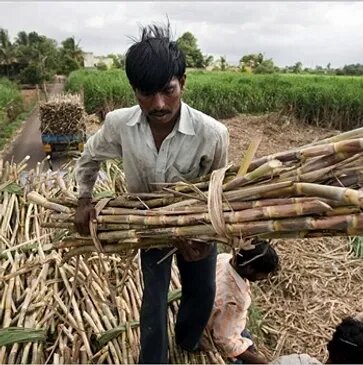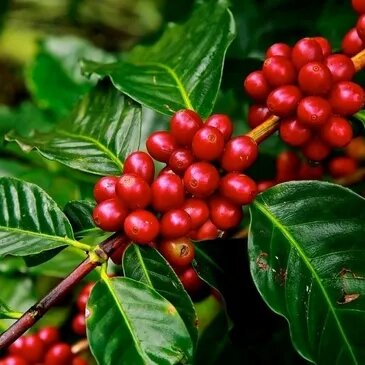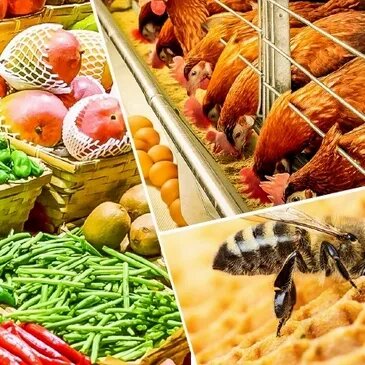


Guyana’s main traditional agricultural Traditional agriculture of sugar and rice. GSE is exploring…the feasibility of the development of cooperatives among the cultivating and harvesting commutes that have been impacted by the closure of the estate factories. The social enterprising impact would be to retain employment and ownership in the hands of the workers. Sugar as a primary export consumer item suffered because of the labour and narrowed the focus of the sector. In sugar as in rice, GSE sees the social enterprising impact in marketing, management, and supply chain. Sugar can be applied to energy for the production of ethanol, and byproducts like the bag-ass have both energy and wider agricultural applications. Clearly, there are many value-added options that available to the rice farmers of Guyana with more effective marketing and packaging. For example, flavored or precooked rice for the export market.

Most developing countries face the challenge of rural farming of alternative crops…and the logistical problems of getting the commodities to market. For Guyana, most of the farming alternative agricultural produce like wheat, bananas, coconuts, coffee, cocoa, citrus fruits, peppers, spinach (calaloo), okra, pumpkin, thyme, and many other herbs are done where ninety percent of the population resides which is along the coastal region and representing approximately ten percent of Guyana’s landmass. The fact is that the cultivation of alternative crops in Guyana is still being done the same way today as it did almost 100 years ago, and that is in “the back yard”. It is in the “back yard” where many Guyanese “plant” food for their consumption with the excess of the perishable items are taken to the community marketplace for sale.
The goal of GSE in the establishment of a kind-of online EXCHANGE on the platform where man of the small farmers o these alternative crops can combine and consolidate for the local, as well as, the export markets, particularly the nations of CARICOM, of which Guyana should be the “breadbasket”, while bearing some regional responsibility for food security. The key element in the functionality of an agricultural exchange is that of a supply chain management application that is offered on the GSE Platform.
In addition to providing the framework for effective supply chain management of the small farmers of alternative agricultural produce, GSE’s overarching objective is to provide enhancements through education and training, and the sharing of best practices. From the GSE Platform and through the EXCHANGE, our local farmer members will be able to connect with agro-processing companies with specialized knowledge in packaging, marketing,and standardization.

GSE sees agribusiness farming include but not limited to Guyana’s livestock commodities…
of various cattle ranches including beef, pork, poultry, dairy products, and seafood. Many of these products including rice, fruits, and vegetables are of extreme importance to national food security within the country and possibly the CARICOM nations at large. The highly fertile land in Guyana’s agricultural belt represents a significant opportunity in the global trend for the cultivation of organic farming. In the Savannah lands in the interior section of Guyana represents an opportunity for the globally increasing demand for the raising of grass-fed cattle, while at the same time, that area of the country faces certain food security challenges because commodities like rice, root crops and vegetable are for the most part are not cultivated in those areas of the country. Although food security in Guyana faces some challenges in the distribution network like roads and other forms of transport, the overarching challenge is due to a lack of information, and input into a Supply Chain Management system or Microsoft Dynamics CRM.
The fact that Guyana’s nontraditional agriculture is relatively small and dispirit, there are builtin challenges for distribution and delivery. For example, recently there were several reports in the press of a shortage of poultry in the country.